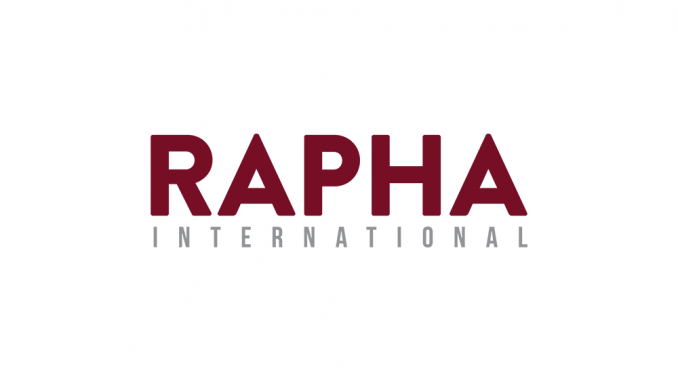
Educating communities, including children, is an essential part of preventing sexual exploitation and human trafficking. Age-appropriate conversations that encourage open communication can help provide children with the tools they need to identify abuse.
Establishing a safe environment for open conversations with children is an important part of keeping them safe. Those conversations may give them courage to speak up when their personal boundaries have been violated. Positive parenting approaches can also set the foundation for children to tell about any future (or past) abuse without fearing trouble. Children should be encouraged to have a network of safe adults they can tell in case something happens. This also allows the child to have control over the process. Teachers, coaches, church leaders and other mandated reports are excellent candidates for that safe network of adults.
Learning about body parts and touches is a great starting point for healthy sexual development. To help children feel comfortable, discussion should be casual, informal, and frequent.
One of the most important tips to remember is to give invitations, not commands. Invitations — like “It’s always okay to tell”— help encourage a child to share and help prevent them from feeling pressured or guilty. Commands, with good intentions — like “you always have to tell”— can make children feel responsible for abuse that’s happened, or worried that they have broken a rule.
Rapha International outlines five examples of how to start safe, open conversations with children here.
Reference:
Rapha International
417.621.0373








Be the first to comment